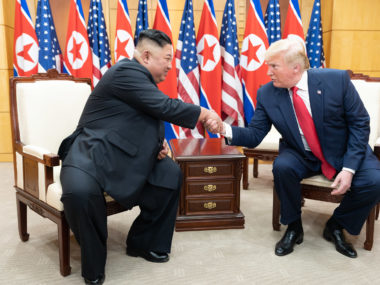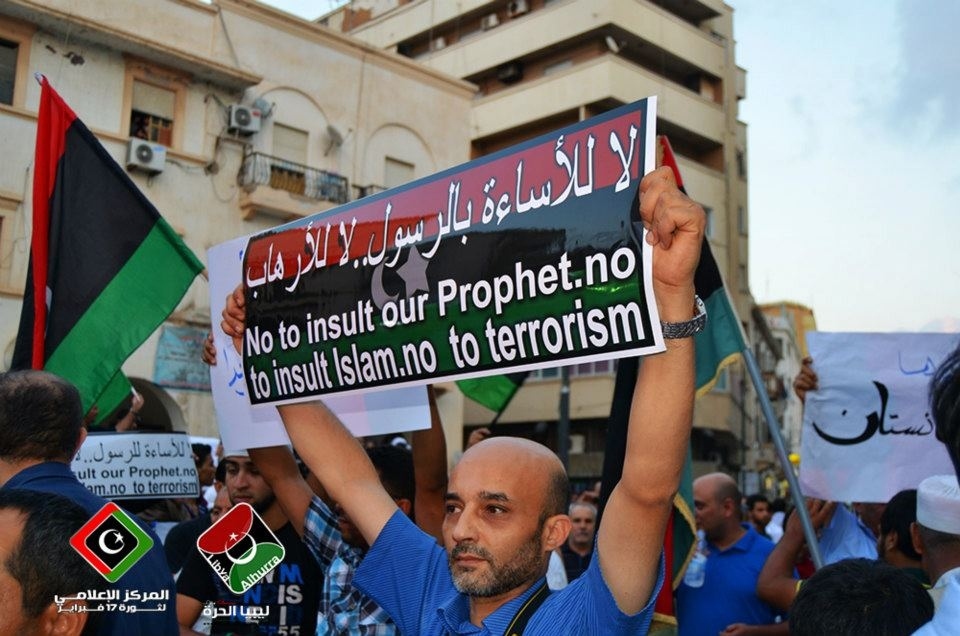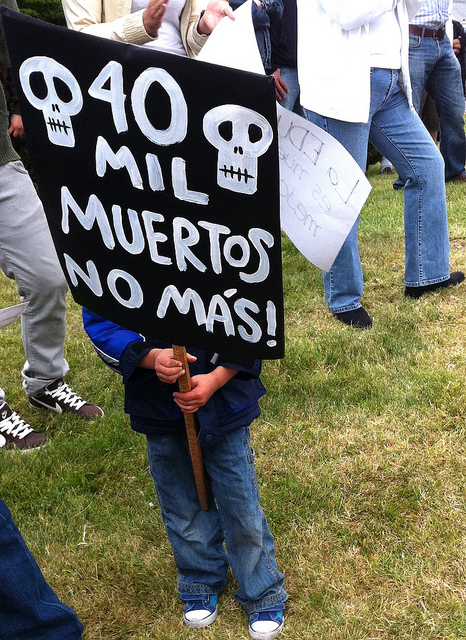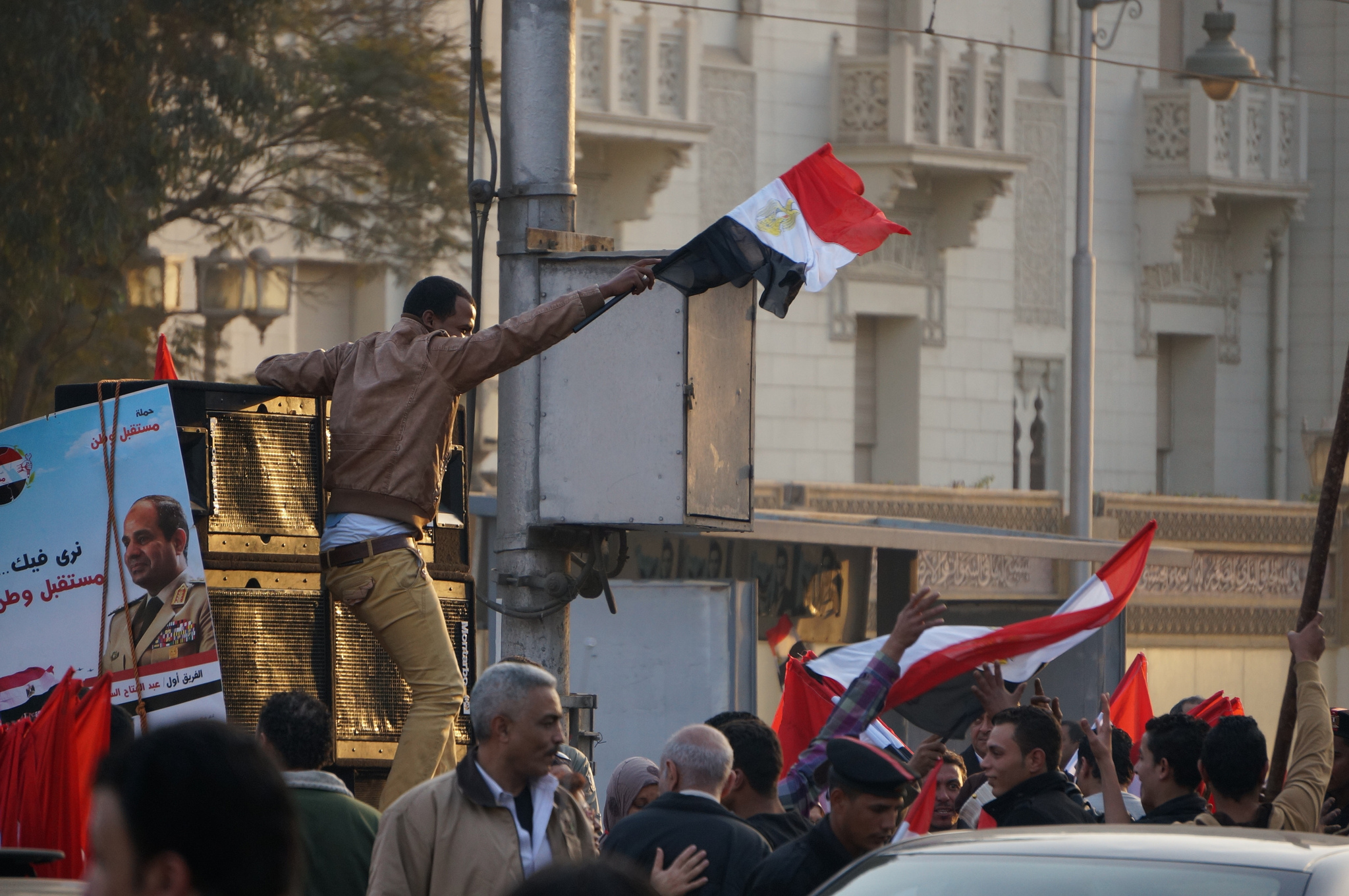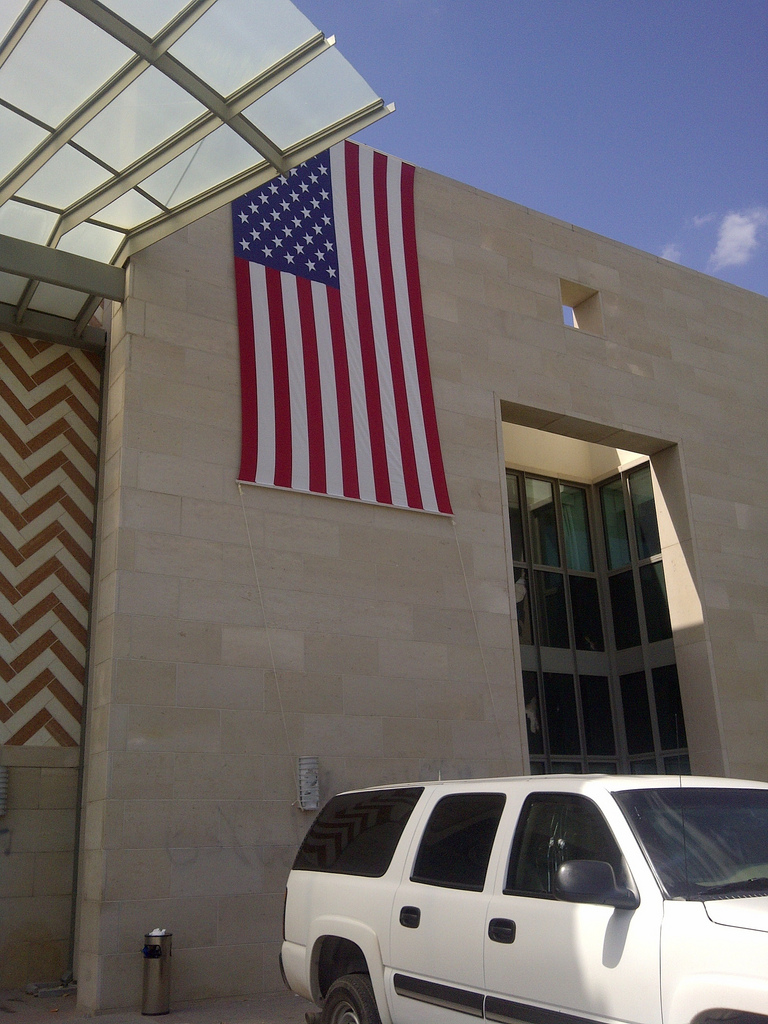Guest post by Kathleen Klaus
Kenya experienced one of the worst episodes of election violence in 2007 when the country’s electoral commission declared the incumbent president, Mwai Kibaki, the winner of the presidential election. Opposition supporters, guided by party leaders, took to the streets to protest the results, which many viewed as fraudulent. These protests quickly turned violent, and lasted nearly two months, resulting in the deaths of over 1,300 people, and the displacement of another 600,000 people.
For many people living in the US, this type of violence has seemed remote, unthinkable even. But as many journalists and political analysts have noted, the specter of violence looms over the upcoming election. So how, if at all, might Kenya’s experience provide lessons for the US election?
Election violence, like many forms of political violence, is rare. Violence is possible only when restraints breakdown, and is often jointly produced by political leaders who organize or sanction violence, and supporters willing to participate in violence. The notable exception is when the state is the sole perpetrator of violence, for example, when sending police to suppress peaceful dissent.
In Kenya, this joint production of violence was possible where: 1) political leaders had strong incentives to use or sanction violence to gain or stay in power, and 2) ordinary citizens saw violence as a way to protect their interests and well-being. These interests gained saliency through narratives about Kenyans from one ethnic community threatening the status and livelihood of another. These narratives were common where there was discernable land inequality along ethnic and partisan lines, enabling politicians to frame opponents as “invaders” who would expropriate the land rights of supporters should they win.
In the US, narratives demonizing opponents are louder and more explicit than they have been for decades. They’ve sharpened with the polarization of political identities, which, as Ezra Klein observers, have merged with cultural, ideological, racial, and geographic identities. We see this blurring of identities in a soundbite from a US congressional candidate from Georgia, who declared, “They’ve destroyed the NFL. They’re destroying NASCAR. They’re burning our cities and destroying our history.” These narratives strengthen group identities, specifying an out-group who threatens the ethnic or racial status and well-being of the in-group.
Kenya’s experience also provides clues about the potential geography of potential violence in the US. In Kenya, the worst violence occurred in competitive electoral spaces where violent evictions provided a crude method of redistricting and land redistribution. In the US, an ACLED report suggests that the potential for violence is highest in swing states such as Georgia and Michigan, as well as cities like Portland, Oregon, where the BLM movement and coronavirus restrictions have animated armed white supremacists.
Importantly, these insider-outsider narratives do not, in themselves, cause or predict violence. In Kenya, intense ethnic and political polarization, an unchecked executive branch, and low trust in the country’s electoral commission and courts, primed opposition supporters to view the incumbent’s victory as fraudulent. Anger over electoral fraud prompted mass protest, but divisive land narratives provided a key mechanism through which violence became thinkable and legitimate.
Will the US see Election violence?
The US bears a striking resemblance to Kenya in 2007. In Kenya, conspiracy theories and rumors circulated widely through pamphlets and vernacular radio. In the US, they circulate through domestic and foreign disinformation campaigns. Trust in the integrity of the electoral process is very low, as is trust in mainstream media. Both societies are highly unequal, politically polarized and share a long history of state violence.
Yet most worrying, political candidates in the US, in particular, the president, have signaled their willingness to condone violence and have failed to commit to a peaceful transfer or power. Meanwhile, groups of armed citizens demonstrate their ability and willingness to engage in politically motivated violence.
This dynamic points to possibility for election violence that is jointly produced: between an incumbent president encouraging violence and loyal supporters willing to engage in violence.
I see three potential scenarios where such violence might unfold.
In the first, Biden wins the election, but by a narrow margin. Trump challenges the result and refuses to concede. The ambiguity of the result motivates Biden and Trump supporters to protest and they clash in the streets. State security forces are deployed to quell the protests, disproportionately targeting pro-Biden protestors while enabling Trump-aligned armed groups to terrorize opposition protestors.
In a second and similar scenario, Biden wins but Trump challenges the results. Trump encourages his supporters to protest, including armed groups. These armed groups attack spaces, sites, and individuals associated with the Democratic Party, and with liberal and cosmopolitan values (e.g., urban parks and plazas, synagogues, universities, or democratic candidates, especially women).
In a third scenario, Trump wins, but the opposition accuses Trump and the Republican Party of rigging the election. Biden supporters protest in cities and towns across the country, prompting the federal and state governments to deploy security forces. The Trump victory emboldens right-wing armed groups who align themselves with law enforcement and attack pro-Biden protestors.
For all the parallels between Kenya and the US, widespread election violence in the US is unlikely. Whereas Kenya has a history of violent elections, the US does not (with a few exceptions). More so, despite the erosion of democratic political norms in the last four years, there are enduring institutions that restrain the potential for violence: the contested but protected right to free speech, independent media, a strong opposition party, frequent alternation of power, a long history of holding elections, and an electoral process that makes voter fraud very rare.
Kathleen Klaus (@KathleenKlaus) is assistant professor in the Politics Department at the University of San Francisco and author of Political Violence in Kenya: Land, Elections, and Claim-Making.


